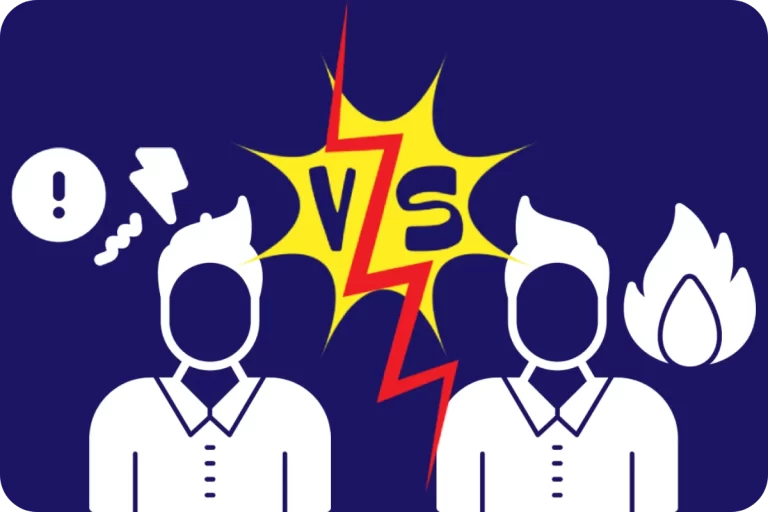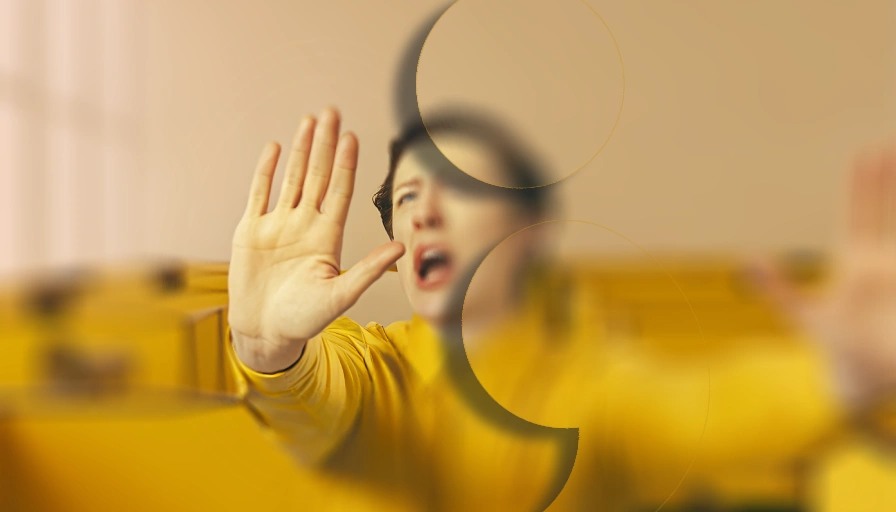Queremos abordar un tema que suele ser confuso para muchos, y es clave comprenderlo para tomar las acciones correctas: ¿cómo diferenciar el estrés del burnout?, ¿cuál es la línea que marca la diferencia entre el primero y el segundo? – Sigue leyendo 👇
El burnout no es lo mismo que el estrés y que no se puede curar sólo tomando unas vacaciones prolongadas, disminuyendo la velocidad o trabajando menos horas.
El estrés es una cosa; el burnout es un estado mental totalmente diferente. Bajo estrés, aún luchas para hacer frente a las presiones del día a día. Pero una vez que el burnout se afianza, te quedas sin energía y la vida empieza a perder significado y las pequeñas tareas se sienten como un GRAN esfuerzo.
Los hallazgos del “huevo y la gallina” muestran que el estrés y el burnout se refuerzan mutuamente.
Sin embargo, el burnout tiene un impacto mucho mayor sobre el estrés que viceversa. Esto significa que cuanto más grave se vuelve el agotamiento de una persona, más estresada se sentirá en el trabajo.
Los empleados que sufren de agotamiento deben recibir el apoyo adecuado para romper el círculo vicioso entre el estrés laboral y el burnout.
🚨Investigaciones sugieren que cuando los empleados sienten que tienen cierto grado de control sobre su trabajo y reciben apoyo de compañeros y superiores, el efecto del burnout en el estrés laboral puede minimizarse potencialmente.
¿Qué pueden hacer las empresas para romper el ciclo del “huevo y la gallina” y reducir los efectos del agotamiento en el estrés laboral?
Los perfiles adecuados para comenzar son los gerentes y cómo dirigen sus equipos.
Es clave que los empleados tengan la oportunidad de dar retroalimentación a los superiores en cualquier momento y que la gerencia les de toda su atención, y así dar el tiempo necesario para que los empleados se recuperen de este ciclo vicioso.







